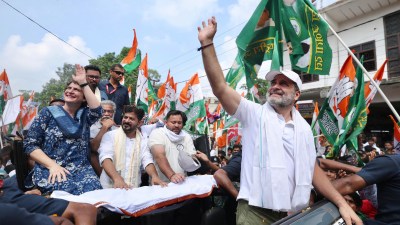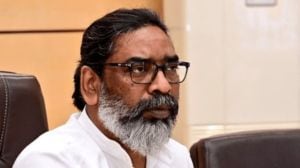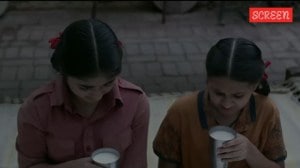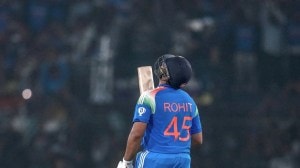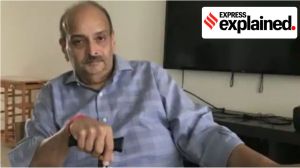The Great American Arm-Twist
By the looks of it,the ceremony that unfolded last week inside the Presidential Palace in Kabul was marking a joyous,even triumphant,occasion.
By the looks of it,the ceremony that unfolded last week inside the Presidential Palace in Kabul was marking a joyous,even triumphant,occasion. President Hamid Karzai,flanked by American senator John Kerry and an array of Western ambassadors,had just announced that he would accept the revised vote totals showing that he had not won re-election after all. The presidents decision meant the Afghan election would go to a second round.
A few minutes later,Karzai,Kerry and the diplomats filed off the stage,and election workers around the country began preparing new sheaves of ballots. In Afghanistan,you take your victories where you can get them,even if,as was the case in Kabul last week,victory amounts to little more than a catastrophe averted.
Karzai,after all,only agreed to abide by the laws of his own country. A United Nations-backed panel had nullified nearly a million ballots counted in Karzais favour following an election on August 20.
Karzai had vigorously resisted the panels findings. It was only Senator Kerrys relentless efforts,and round-the-clock lobbying by American and European leaders,that staved off political disaster. Eight years after the American-led coalition pushed the Taliban from Kabul,democracy in Afghanistan is still a very fragile thing.
The political deadlockprecipitated first by the fraud and then by Karzais refusal to recognise itunfolded just as President Obama was debating whether to grant a request by his chief field commander here,Gen. Stanley McChrystal,to dispatch as many as 40,000 additional troops.
General McChrystal had warned that the Western-backed project in Afghanistan could fall without a fresh infusion of men and material. But the astonishing level of fraud perpetrated on Karzais behalf,and his near-refusal to accept the election results,might prompt Americans to wonder exactly what those extra troops would be fighting for. Karzais government is already widely seen as among the most corrupt in the world.
Last week,as the political crisis in Kabul was unfolding,Rahm Emanuel,the White House chief of staff,made clear that President Obama would hold off on McChyrstals request until the political deadlock in Kabul was resolved. It would be reckless to make a decision on US troop levels if,in fact,you havent done a thorough analysis of whether theres an Afghan partner ready to fill that space that the US troops would create, Emanuel said.
Exactly what Kerry told Karzai is unknown,but it seemed likely that he communicated Obamas sentiments. Diplomats in Kabul said afterward that the senator made it clear to Karzai that if he refused to accept the election results,domestic support for his government,in the US and Europe,would collapse.
Yet even with the immediate crisis resolved,there remains the runoff election,which pits Karzai against his rival,the former foreign minister Abdullah Abdullah,and there seemed little reason to expect that the vote stealing wouldnt happen again.
Beyond the politics is the war itself. The Taliban,feeding off the widespread discontent with Karzais government,is now stronger than they have been at any point since 2001. American soldiers and marines are dying at a faster rate than ever before. The ability of the Afghan state to govern is virtually nonexistent outside the capital.
Ultimately,the events of last week demonstrated that politics in Kabul and the war in the countryside are inextricably intertwined and just how far the Americans and their European allies have to go here.



- 01
- 02
- 03
- 04
- 05


